In a recent podcast with Meta CEO Dwarkesh Patel, he discussed how AI can make social media more interactive, including turning chatbots into “friends” for people with few real-life friends who are craving connection.
“Does it replace real-life connections? I think the answer is probably not. Physical connections are better when you can have them. But the reality is that a lot of people don’t have those connections and feel more lonely than they would like,” Zuckerberg said.
This is considered Zuckerberg's next step in the face of the loneliness crisis that the social network he owns has contributed to amplifying.
The loneliness crisis stems from social media
On social networks, the Facebook founder's statement quickly faced criticism. "This is what happens when you believe that humanity can be reduced to binary data. You view friendship through the prism of supply and demand," writer Neil Turkewitz wrote on X.
“A perfect example of the loneliness economy . Technology makes people lonely, then sells them the technology as a ‘solution’. It’s an endless cycle of profit,” says Samantha Rose Hill, author of a book about loneliness.
A generation forced to learn via Zoom throughout high school and college is now hungry for real-life encounters and interactions. A 2023 survey by Axios and Generation Lab found that nearly 80% of college and graduate students use dating apps less than once a month, or not at all.
Meta recently launched a new AI application. The idea is that AI-generated content should not only be in private conversations but also appear in news feeds. Photo: Bloomberg. |
Nearly half of teens surveyed by the Pew Research Center in 2024 said social media has had a negative impact on their generation, up from 32% in 2022. Many are ditching dating apps and instead turning to book clubs, running groups, or meet-up apps to find real friends. They crave direct, spontaneous, and spontaneous interactions, Business Insider noted.
But the past two decades have shown that Zuckerberg’s idea of friendship is flawed. Even Meta’s own internal research has acknowledged that its social platforms may increase loneliness, rather than reduce it. Yet the report concluded that Facebook has an “overall positive effect” on loneliness.
Social media allows us to surf the lives of thousands of people at once, but the connections are often superficial. Even with an AI friend at our fingertips, it’s a low-input form of interaction that can’t replace real connection.
Meta's billion-dollar gambles to pull people further away from each other
According to Business Insider , Big Tech is increasingly moving our online experiences away from connecting with real people and closer to connecting with bots.
A chatbot never needs to sleep, take time off work, or take your child to the emergency room. An AI chatbot doesn’t need you to respond. It’s always available, always responsive, always asking and confirming. When a chatbot is designed to compete for your attention, it can pull you further and further away from real, human connections. “It keeps us coming back to our devices,” Hall says.
It’s also true that we spend more time in front of screens than with our friends. Technology that once promised to connect the world has left many people isolated. Facebook didn’t start out as a way to connect people with similar interests, but to add classmates and track their every move over the years.
The rise of Instagram once threatened to replace Facebook with its simpler, more intuitive interface. But it has also become a showcase for influencers and brands. Comparison behavior and pressure to post photos have been linked to mental health issues in teens.
In 2021, Meta CEO turned to the metaverse, which was the start of a years-long obsession with the prospect of users wearing bulky glasses, wandering around shopping malls, offices, or virtual theaters. It was a gamble that cost Meta tens of billions of dollars.
AI will distort human expectations of real life
The metaverse’s nascent glory is quickly being overtaken by the wave of generative AI. Last week, the company launched a new AI application based on the idea that AI-generated content should not be confined to private conversations, but should appear in news feeds.
But Meta's AI chatbots are rife with problems, according to Business Insider . Journalists discovered they could pose as licensed therapists on Instagram and even have sexual conversations with users under 18. A Meta spokesperson said the AIs are "clearly labeled" and have a warning that the responses are AI-generated.
Meta spent tens of billions of dollars on the metaverse dream and then it was surpassed by the AI wave. Photo: Bloomberg. |
They said the sensitive conversations were “hypothetical” and the tool was being abused. “We have taken additional measures to make abuse more difficult,” the spokesperson said.
Facebook didn’t create the loneliness crisis, but it did provide interactions that were heavy on quantity and light on quality. “Likes,” “hearts,” and birthday reminders replaced actual phone calls. Facebook became a personal newspaper for sharing academic or work achievements, a place to track exes, and a “gossip machine” that let you know who had kids, who was engaged, and who was about to break up.
AI is more like an imaginary friend than a real friend. “AI is like a fictional character. If you ask whether friendship with an AI is helpful or satisfying, you have to ask the opposite question: Can a fictional interactive character provide the same benefits as a real friendship?” said Hannah Kim, a philosophy professor at the University of Arizona.
Fictional characters can help us explore society and entertain us, but they cannot build a truly multi-dimensional relationship. Chatbots are always present and focused on us, but depending on them can distort our expectations of real-life friends. “If we expect that from real people, the consequences will be terrible,” Kim said.
Source: https://znews.vn/after-facebook-muc-tieu-moi-cua-mark-zuckerberg-la-con-nguoi-lam-ban-voi-ai-post1553184.html


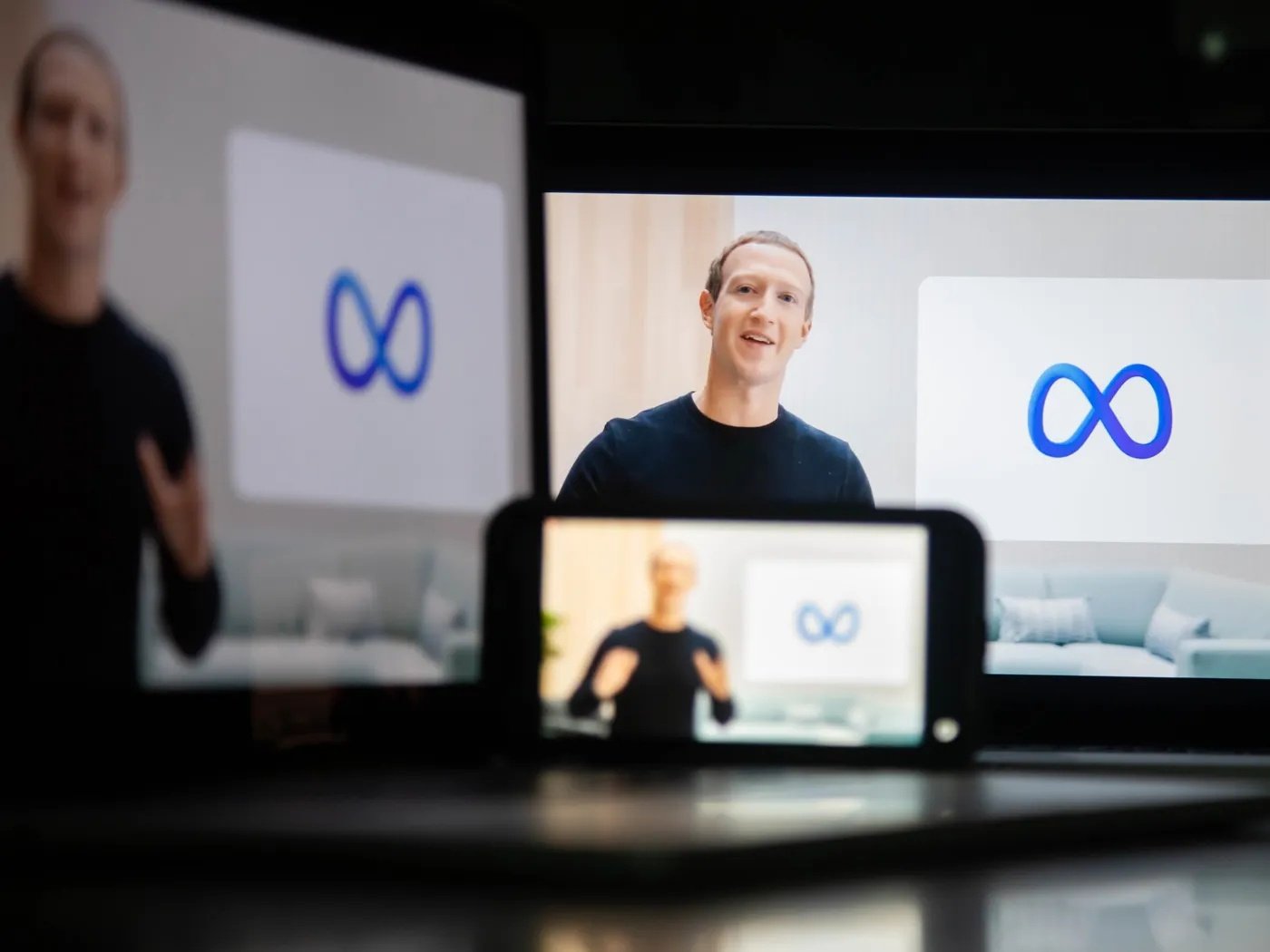
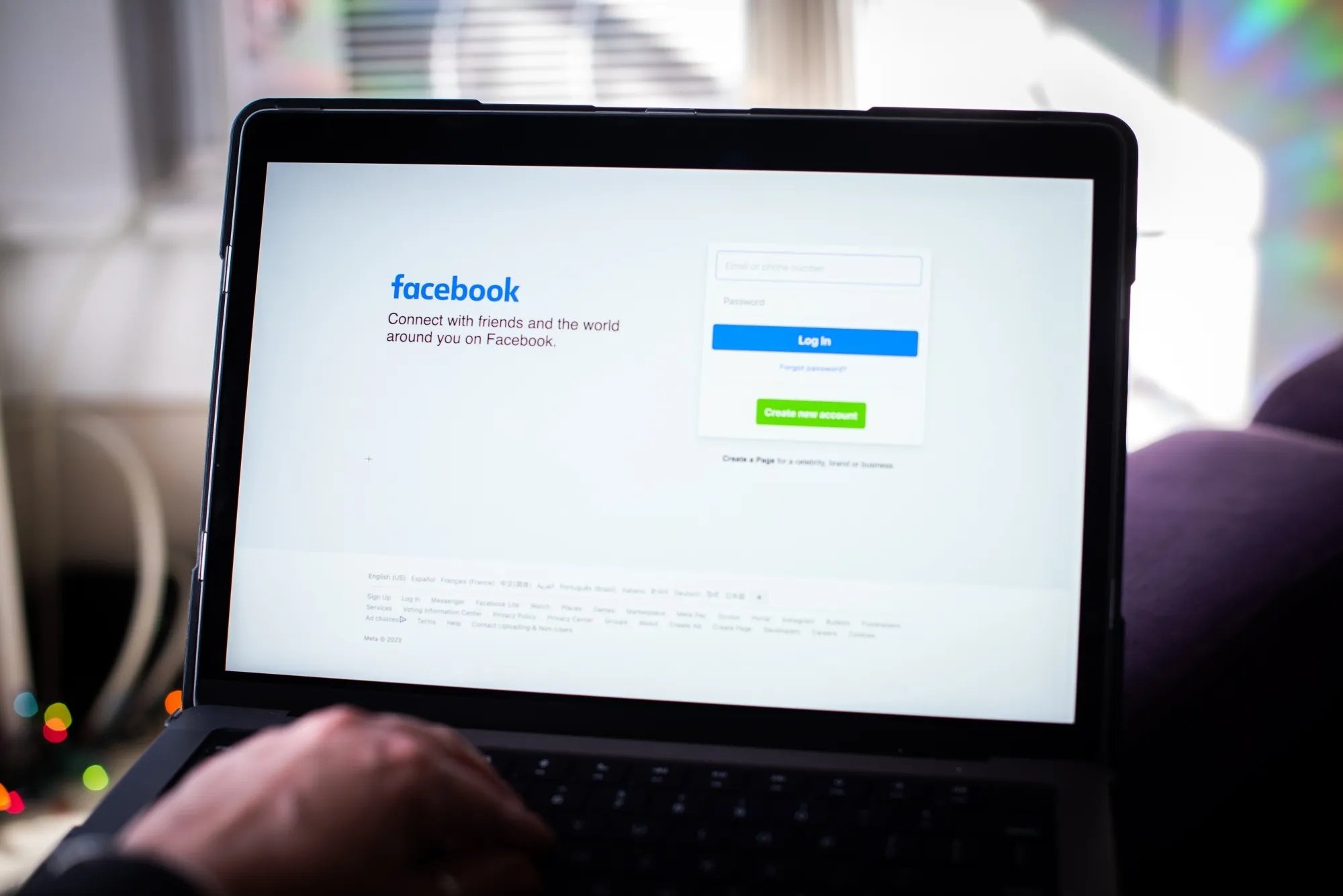
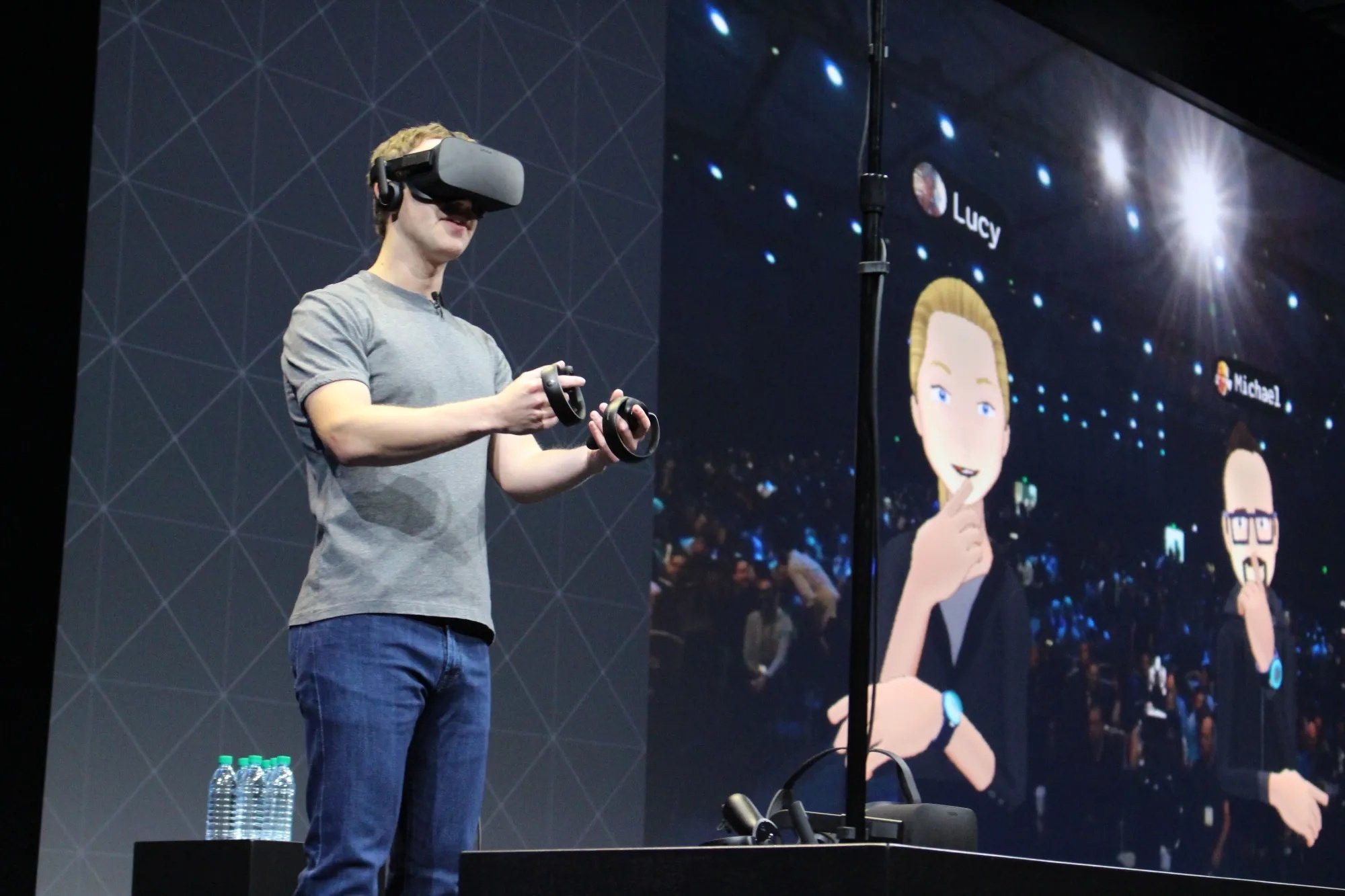

![[Photo] National Assembly Chairman Tran Thanh Man attends the VinFuture 2025 Award Ceremony](/_next/image?url=https%3A%2F%2Fvphoto.vietnam.vn%2Fthumb%2F1200x675%2Fvietnam%2Fresource%2FIMAGE%2F2025%2F12%2F05%2F1764951162416_2628509768338816493-6995-jpg.webp&w=3840&q=75)

![[Photo] 60th Anniversary of the Founding of the Vietnam Association of Photographic Artists](/_next/image?url=https%3A%2F%2Fvphoto.vietnam.vn%2Fthumb%2F1200x675%2Fvietnam%2Fresource%2FIMAGE%2F2025%2F12%2F05%2F1764935864512_a1-bnd-0841-9740-jpg.webp&w=3840&q=75)


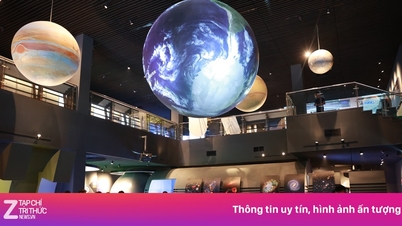






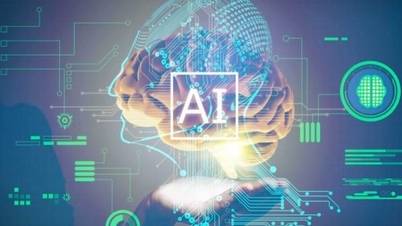

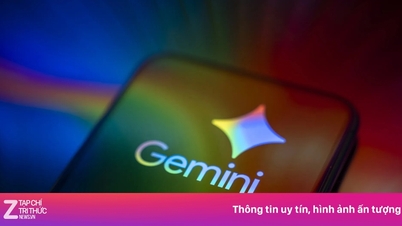







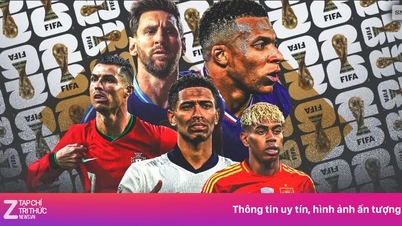

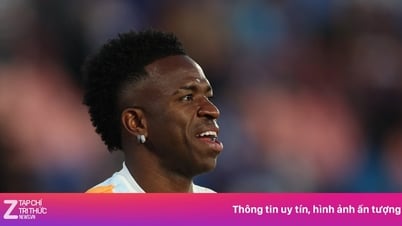










































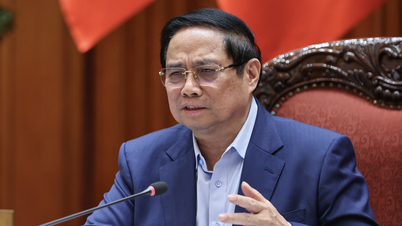


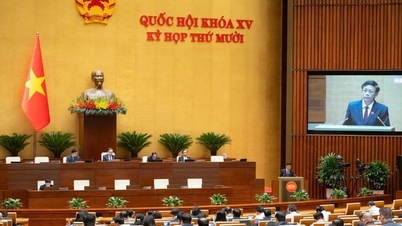







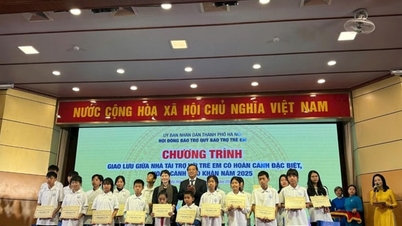





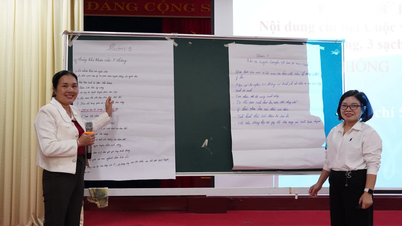









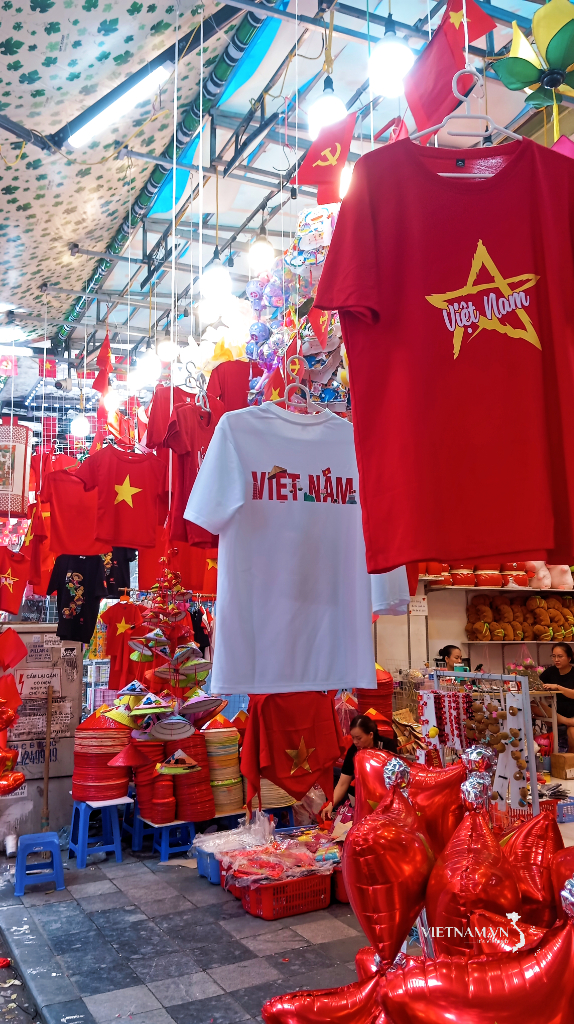






Comment (0)